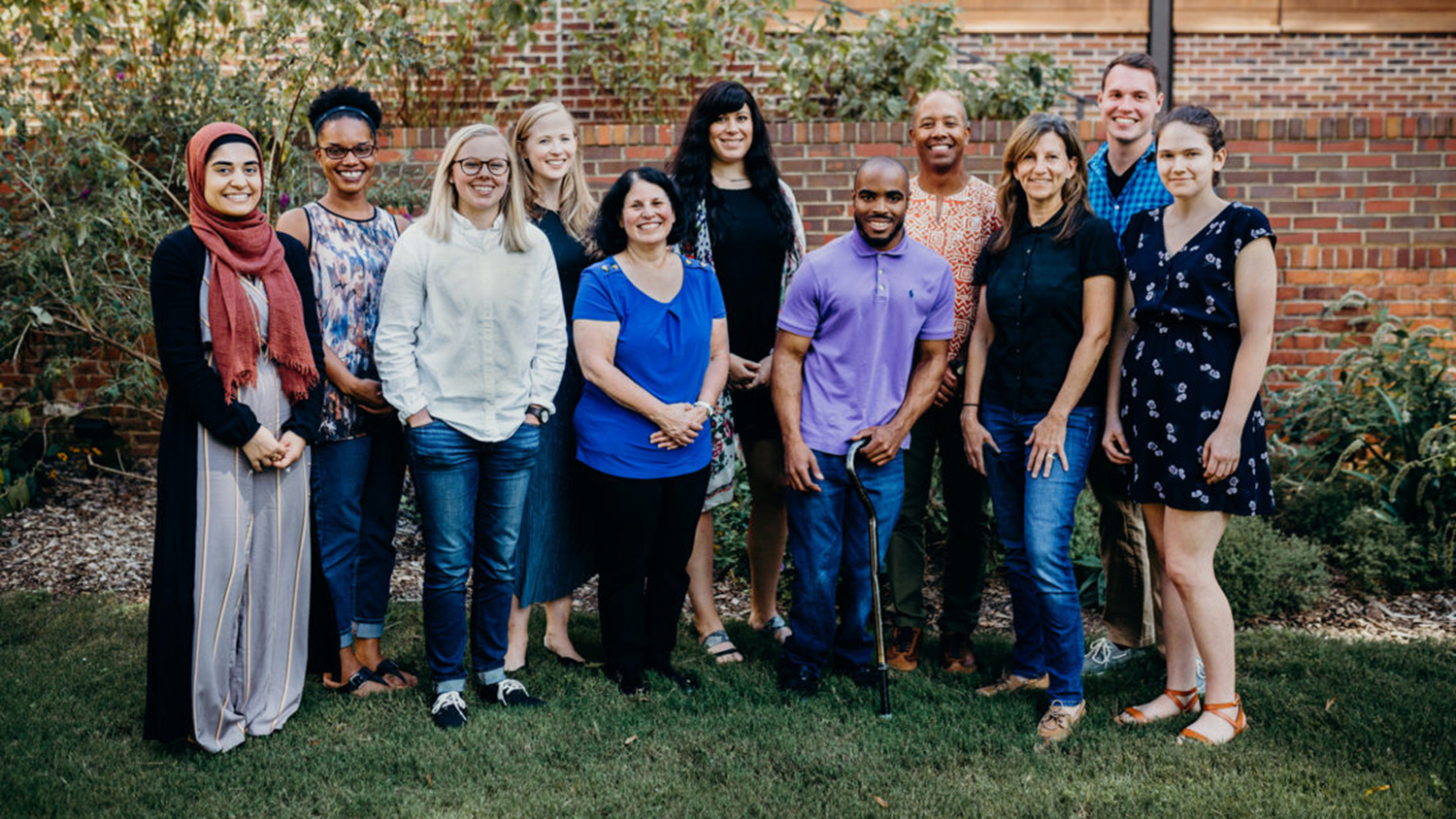Community Counseling, Education, and Research Center (CCERC) Takes a Holistic Approach to Community Engagement

Love is blind; love is strange; love is all you need.
Love is also a core principle for NC State University’s Community Counseling, Education, and Research Center, or CCERC, where graduate students from the university’s Counselor Education program provide mental health services to the Wake County community.
“Love means to treat people with dignity and respect and honor our commitments toward them,” said CCERC founder and co-director Dr. Marc Grimmett.
CCERC’s model allows individuals, couples, and families to receive counseling and pay on a sliding scale, with half paying nothing and half averaging $13 a session. The vision, co-director Dr. Helen Lupton-Smith says, is to serve people who are uninsured or underinsured and break down barriers to mental health care. It’s a win-win situation, she says. Graduate students need practical experience, and people in the community benefit from services that focus on healthy personal, emotional, and career development. Supervised by faculty, the masters and doctoral students serve individuals older than 14 in areas like anxiety, depression, and relationships.
The first CCERC office opened in January 2016. Now, CCERC operates from two locations in Raleigh with a staff of 20 interns.

Doctoral student Erik Messinger says the center is especially successful at the multicultural, social justice approach to counseling. CCERC even provides professional development to counselors in the area to help them learn that multicultural, social justice approach.
“I think our students get a really good understanding of what that means and how to engage the community around us and offer these services that people have a right to,” said Messinger.
Dr. Grimmett attributes the center’s success in the community to their respectful and holistic approach to community engagement.
“When we go in and develop these partnerships, we’re saying we truly want to be partners, so we have to get to know what their needs are, what they do, and how we can help them and what we can offer,” said Dr. Grimmett. “We’re trying to build a partnership for life.”

CCERC partners with many community organizations, including the Wade Edwards Learning Lab (WELL), the Boys and Girls Club Teen Center, the Goodnight Educational Foundation, the Wake County Public School System, and the Women’s Center of Wake County. Dr. Lupton-Smith and Dr. Grimmett are especially proud of the partnership CCERC has built with the Boys and Girls Club Teen Center.
“We worked a long time at developing trust and a relationship at the [Teen Center],” said Dr. Lupton-Smith. “That relationship has been built over time, and now the space is too small, there are so many kids who want to come into that group.”
“We’ve been there for two years now. But it was a year or more developing the partnership, which is what community engagement actually looks like,” said Dr. Grimmett.
This approach and subsequent community impact has not gone unnoticed. In 2019, CCERC won an Exemplary Project award from the W.K. Kellogg Foundation for Community Engagement Scholarship, which recognizes “exemplary strides to become more closely and productively engaged with communities through their teaching/learning, discovery, and service activities.” CCERC also received the 2018 Opal Mann Green Award from the NC State Office of Outreach and Engagement.
To learn more about CCERC, visit their website.

This article was originally published on the Outreach and Engagement website.
- Categories:


